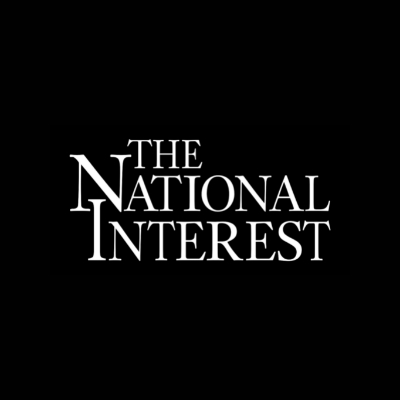 The National Interest Article Rating
The National Interest Article RatingFighting Iran Won't Stop World War III, But It Could Start It
- Bias Rating
-10% Center
- Reliability
N/AN/A
- Policy Leaning
82% Very Conservative
- Politician Portrayal
-62% Negative
Continue For Free
Create your free account to see the in-depth bias analytics and more.
Continue
Continue
By creating an account, you agree to our Terms and Privacy Policy, and subscribe to email updates. Already a member: Log inBias Score Analysis
The A.I. bias rating includes policy and politician portrayal leanings based on the author’s tone found in the article using machine learning. Bias scores are on a scale of -100% to 100% with higher negative scores being more liberal and higher positive scores being more conservative, and 0% being neutral.
Sentiments
N/A
- Liberal
- Conservative
| Sentence | Sentiment | Bias |
|---|---|---|
Unlock this feature by upgrading to the Pro plan. | ||
Reliability Score Analysis
Policy Leaning Analysis
Politician Portrayal Analysis
Bias Meter
Extremely
Liberal
Very
Liberal
Moderately
Liberal
Somewhat Liberal
Center
Somewhat Conservative
Moderately
Conservative
Very
Conservative
Extremely
Conservative
-100%
Liberal
100%
Conservative

Contributing sentiments towards policy:
63% : Geography and the military factor make it a more viable partner for Iran.59% : And even if Tehran did manage such an improbable feat, would success empower it to reach out and smite the New World?
56% : If Tehran covets an alliance with them, let's cheer it on.
53% : Most importantly, India is the resident hegemon of South Asia and overshadows Iran by diplomatic, economic, and military measures.
52% : : Iran is much in the headlines of late.
52% : Iran clearly boasts enormous capacity for mischief-making, it clearly relishes tweaking the Great Satan, and it has options.
52% : Tehran can court fellow opponents of American dominance, chiefly China and Russia, and bog down U.S. forces at a time when Washington prefers to apply itself to great-power competition in the Indo-Pacific and Atlantic rather than some Middle Eastern bywater.
50% : If Washington did balk at dispatching naval forces to the Gulf region or its approaches, Tehran would have deflected U.S. efforts to project power; discredited U.S. alliance commitments to neighbors Iranian magnates wanted to cow; and in the process won the freedom to pursue power and influence by such means as clerical leaders saw fit to deploy.
49% : For example, Tehran will probably develop a modest nuclear arsenal over time.
45% : And without that overbearing power, it stands little chance of overawing others into bandwagoning with Tehran and doing the mullahs' bidding.
40% : It would make little sense to commit heavy resources to offset a secondary worry such as Iran -- especially if the opportunity costs were losing out in the Western Pacific, the Mediterranean, or elsewhere around the Eurasian periphery.
39% : What would the legendary geopolitics scholar, Yale professor Nicholas Spykman, say about the sputtering confrontation between the United States and Iran?
38% : Collectively, though, they field serious military power funded by oil wealth that -- unlike Iran's -- is unencumbered by economic sanctions.
36% : None of these Sunni Arab states could stand up to Iran in a one-on-one scrap.
31% : Yet Iran falls woefully short of hegemonic status.
30% : Iran is a troublemaker for sure.
*Our bias meter rating uses data science including sentiment analysis, machine learning and our proprietary algorithm for determining biases in news articles. Bias scores are on a scale of -100% to 100% with higher negative scores being more liberal and higher positive scores being more conservative, and 0% being neutral. The rating is an independent analysis and is not affiliated nor sponsored by the news source or any other organization.





















